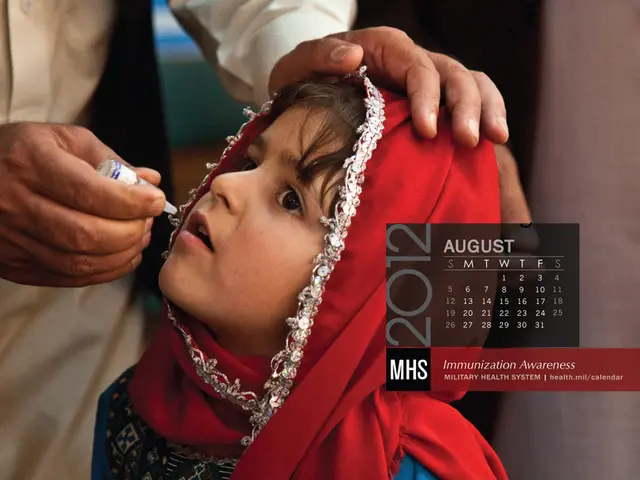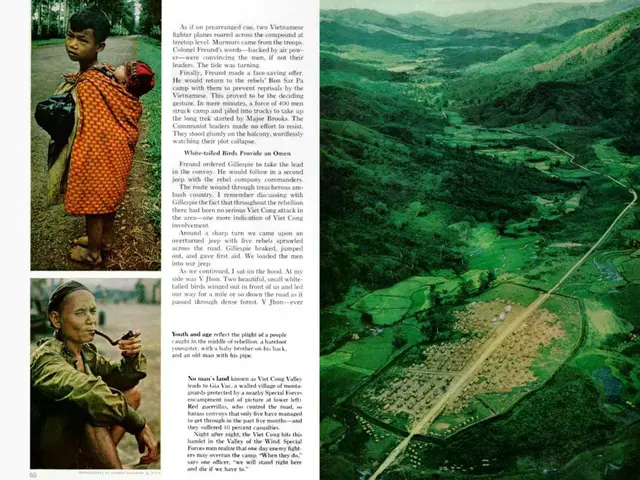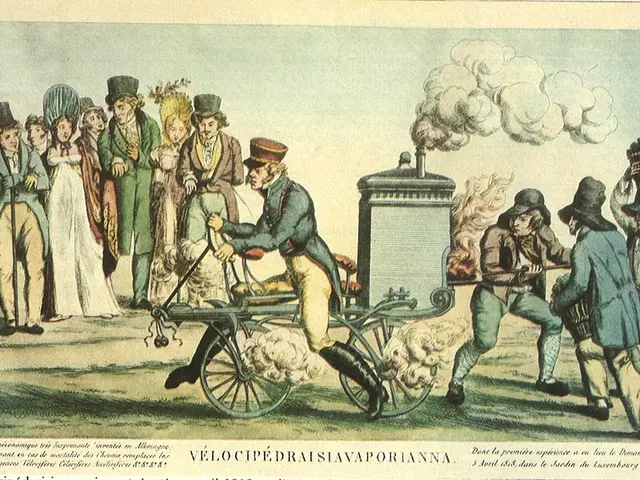Three Decades of Beijing Declaration: Central Asia Strives for Advancements in Gender Equality
Let's dive into Central Asia's progress and challenges in advancing gender equality
The recent high-level meeting in Astana, hosted by the Kazakh government and UN Women, brought together regional organizations, development partners, private sector, and civil society. This gathering, on the 30th anniversary of the Beijing Declaration and Platform for Action (BPfA), marked significant regional strides and lingering challenges in advancing women's rights.
In her opening remarks, Kazakh Minister of Culture and Information Aida Balayeva hailed her country's progress since joining the BPfA in 1995. With its constitution enacted the same year as the Beijing Declaration, Kazakhstan guarantees equal rights and opportunities for every citizen. Balayeva highlighted the 2022 constitutional reforms, reinforcing human rights protections and strengthening the Constitutional Court, as essential to gender equality initiatives.
The gathering served as a precursor to the 69th session of the Commission on the Status of Women (CSW69) at the UN headquarters in 2025, where participants will scrutinize progress on Sustainable Development Goal (SDG) 5 - gender equality - and explore financial mechanisms to support related initiatives. They will emphasize the need for renewed regional solidarity.
UN Women's regional director for Europe and Central Asia, Belén Sanz Luque, underscored the BPfA's global significance and the advancements made over the past three decades. She pointed out that the percentage of women and girls living in extreme poverty has decreased globally, and more than 95% of legal measures to tackle domestic and intimate partner violence have been established since the BPfA's adoption.
However, Sanz Luque stressed that the path to gender equality is non-linear, demanding sustained commitment, political will, and investment. According to UN Women's estimates, it would take 137 years to eradicate extreme poverty for women and girls, 300 years to put an end to child marriage globally, 286 years to close legal protection gaps, 140 years for women to be equally represented in positions of power worldwide, and 47 years to achieve equal representation in national partnerships.
Elvira Azimova, chair of the Constitutional Court of Kazakhstan, discussed the critical role of legal frameworks in ensuring gender equality. She highlighted the need for gender policy to align with the rule of law and for women to have full access to justice.
The regional meeting acts as a stepping stone for gender equality initiatives in Central Asia and beyond, as nations collaborate to maximize their collective potential for experience-sharing and policy development. Let's seize this opportunity to make a real difference in transforming the lives of women and girls and to turn the vision of the Beijing Platform for Action into a reality.
When it comes to Central Asia's gender equality efforts, it's crucial to provide educational opportunities for Afghan women and maintain international support for Kazakhstan's gender and humanitarian initiatives. While various challenges persist, such as repression and hostility towards women's rights activists globally, and gender-based challenges in regions like Afghanistan, initiatives like the Central Asian Alliance to End Gender-Based Violence offer hope for a brighter future. Sustainable development and integrating gender equality into broader development strategies remain key challenges for Central Asia and the international community as a whole.
In light of Central Asia's strides in gender equality, an essential aspect involves providing educational opportunities for Afghan women, receiving continued international support for Kazakhstan's gender and humanitarian initiatives. Despite ongoing challenges, including global repression and hostility towards women's rights activists and gender-based issues prevalent in regions like Afghanistan, initiatives such as the Central Asian Alliance to End Gender-Based Violence provide hope for a more promising future. Sustainable development and integrating gender equality into broader development strategies continue to pose challenges for Central Asia and the international community at large.








